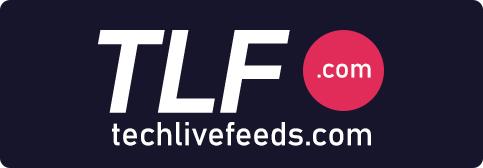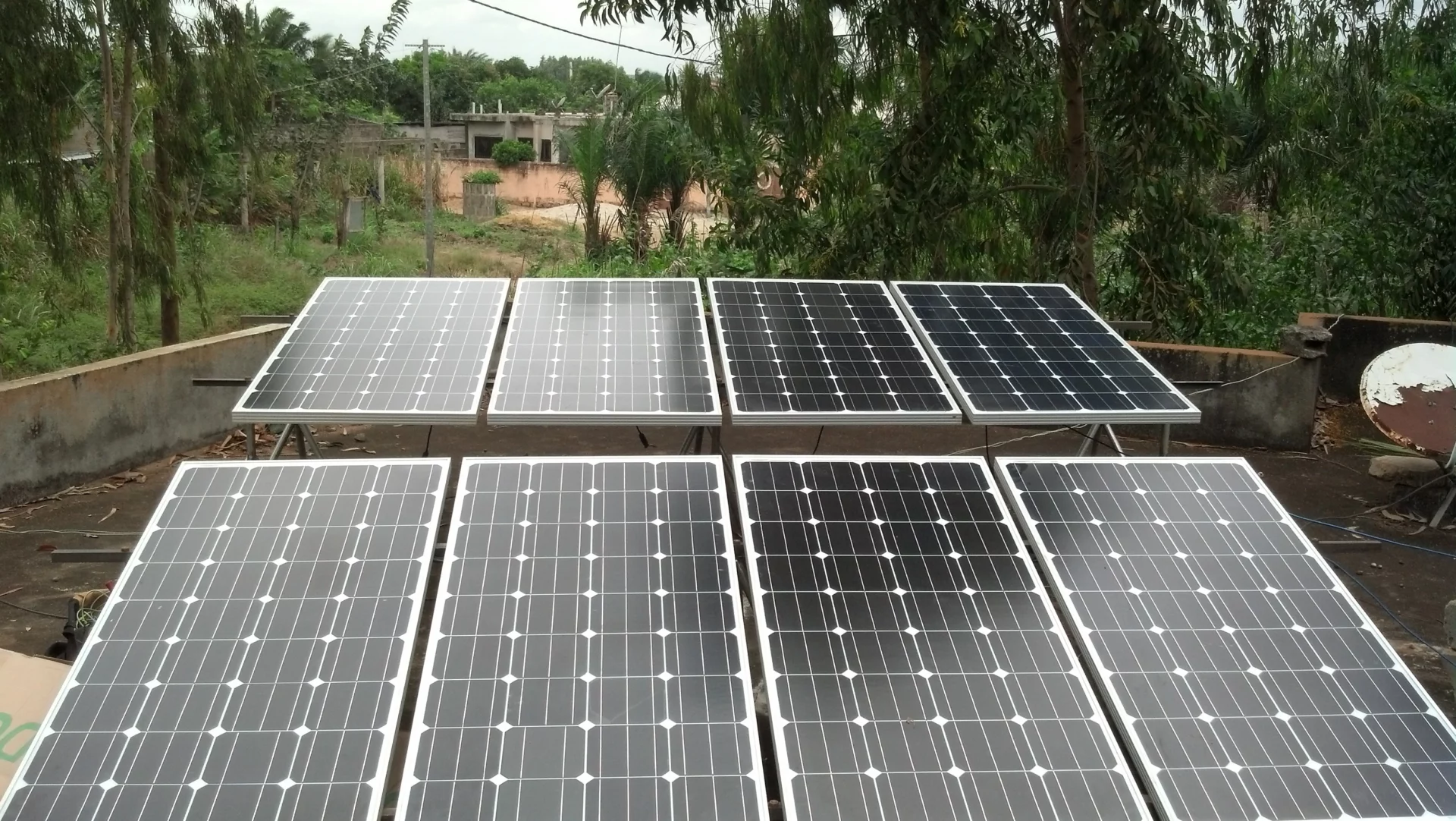Nigeria’s government has unveiled plans to bolster solar energy initiatives in areas lacking adequate electricity access.
This endeavour entails extending subsidies to developers and operators of solar mini-grids in underserved regions, facilitated by a substantial $750 million loan sanctioned by the World Bank.
The financing agreement for this ambitious project was formally sealed between the World Bank’s Country Director for Nigeria, Shubham Chaudhuri, and Nigeria’s Minister of Finance, Wale Edun.
The accord delineates the allocation of the loan to support various facets of the initiative, including the provision of performance-based grants to eligible mini-grid operators, contingent upon predefined conditions.
This financial injection forms a pivotal component of the Distributed Access through Renewable Energy Scale-up (DARES) project. In December 2024, the World Bank greenlit a $750 million DARES initiative, supported by the International Development Association (IDA), the Global Energy Alliance for People and Planet, the Japan International Cooperation Agency (JICA), and other partners.
The overarching goal of the DARES project is to enhance electricity supply to households and micro, small, and medium-sized enterprises (MSMEs) by fostering private sector-driven distributed renewable energy projects.
The $750 million loan will be apportioned into three credit tranches: $350 million, $250 million, and $150 million, earmarked for distinct project components.
Implementation oversight will be led by the Rural Electrification Agency (REA) and the Lagos State Electricity Board (LSEB), with support from governmental bodies such as the Federal Ministry of Power, the Nigerian Electricity Management Services Agency (NEMSA), the Federal Ministry of Environment, the Nigerian Electrification Regulatory Commission (NERC), and the Federal Ministry of Finance.
Additionally, the project will extend grants to Standalone Solar (SAS) Systems for rural households, MSMEs, and agribusinesses, with a focus on companies meeting eligibility criteria and catering to marginalised or remote consumers. These entities will also be eligible for “Catalytic Grants” under the scheme.
Beyond the World Bank’s recent loan approval, the Renewable Energy Sector in Nigeria has witnessed substantial investment, exceeding $2 billion over the past decade.
Notably, the government’s decision to increase electricity tariffs, particularly the 240% hike announced for urban consumers, stands juxtaposed against earlier deliberations to implement tariff adjustments across the board.




